Upcoming Prose Contest Deadlines
Fiction and creative nonfiction writers: If you are sitting on a finished short story, essay collection, novel, or other work of prose, check out the following contests that are open to submissions for two more days! Each of the contests has a June 30 deadline and offers a prize of at least $1,000 and publication.
Autumn House Press Literary Prizes: Two prizes of $1,000 each and publication by Autumn House Press are given annually for a book of fiction and a book of creative nonfiction. Each winner also receives a $1,500 travel and publicity grant. Amina Gautier will judge in fiction and Alison Hawthorne Deming will judge in nonfiction. Entry fee: $30
Engine Books Fiction Prize: A prize of $2,000 and publication by Engine Books is given annually for a short story collection, a novella collection, or a novel. Maya Lang will judge. Entry fee: $30
Glimmer Train Press Short Story Award for New Writers: A prize of $2,500 and publication in Glimmer Train Stories is given three times yearly for a short story by a writer whose fiction has not appeared in a print publication with a circulation over 5,000. Entry fee: $18
Hidden River Arts William Van Wert Fiction Award: A prize of $1,000 is given annually for a short story or a novel excerpt. Entry fee: $17
Key West Literary Seminars Emerging Writer Awards: Two prizes valued at $4,000 each are given annually for a short story and a novel-in-progress by writers who have not published a book with a major publisher. The winners will each receive $500 and full tuition, airfare, and lodging to attend the Key West Literary Seminar and Workshop Program in January 2018 in Key West, Florida. There is no entry fee.
Los Angeles Review Literary Awards: Three prizes of $1,000 each and publication in Los Angeles Review are given twice yearly for a short story, a short short story, and an essay. Bryan Hurt will judge in fiction, Siel Ju will judge in flash fiction, and Chelsey Clammer will judge in nonfiction. Entry fee: $20
The Moth International Short Story Prize: A prize of €3,000 (approximately $3,420) and publication in the Moth is given annually for a short story. A second-place prize of publication, a weeklong retreat at the Circle of Missé in Missé, France, and a €250 (approximately $285) travel stipend; and a third-place prize of €1,000 (approximately $1,140) and publication are also given. Belinda McKeon will judge. Entry fee: $14
Visit the contest websites for complete guidelines and submission details. Check out our Grants & Awards database and Submission Calendar for more upcoming contests in poetry, fiction, and nonfiction.





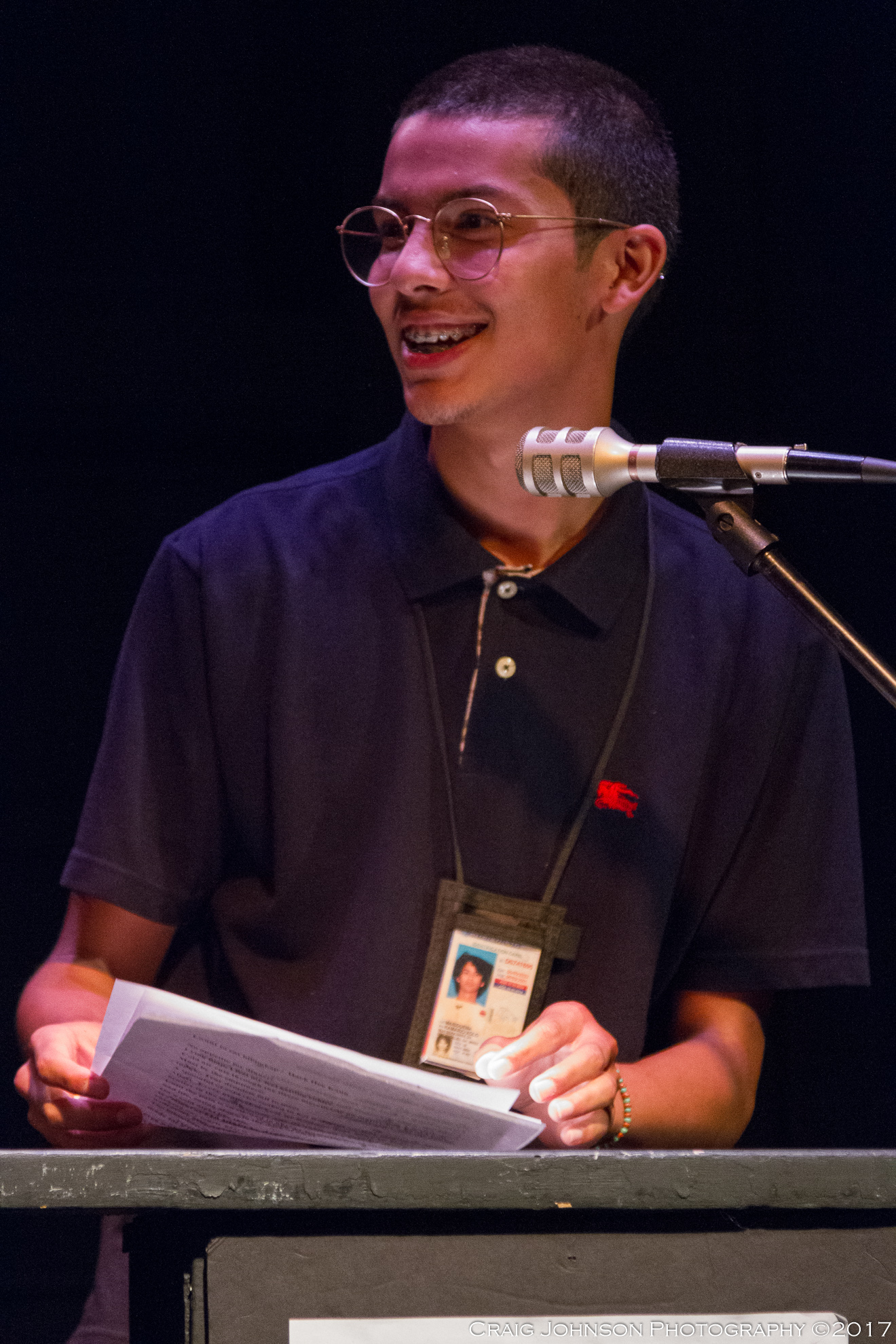 Among the eleven readers, who all gave strong readings, were four teen writers, including Xolo Maridueña, a fifteen-year-old sophomore who attended a R&W–supported writing workshop with Jeff Chang at the Boyle Heights Arts Conservatory in March. Xolo read his first poem ever—a poem about falling in love, in which he wrote: “When I would see her, the butterflies in my stomach would turn into pterodactyls,” an experience I’m sure many in the audience could relate to. Also writing on the theme of love was another teen writer, Ashla Chavez Razzano, representing 826LA, who wrote, “a spider’s web taught me to love.” Nadia Villegas, also representing 826LA, read a poem about how “blue nail polish is freedom,” and Vera Castañada from the Boyle Heights Arts Conservatory called the neighborhood around Cesar Chavez Avenue where she grew up, “the West Coast Ellis Island.”
Among the eleven readers, who all gave strong readings, were four teen writers, including Xolo Maridueña, a fifteen-year-old sophomore who attended a R&W–supported writing workshop with Jeff Chang at the Boyle Heights Arts Conservatory in March. Xolo read his first poem ever—a poem about falling in love, in which he wrote: “When I would see her, the butterflies in my stomach would turn into pterodactyls,” an experience I’m sure many in the audience could relate to. Also writing on the theme of love was another teen writer, Ashla Chavez Razzano, representing 826LA, who wrote, “a spider’s web taught me to love.” Nadia Villegas, also representing 826LA, read a poem about how “blue nail polish is freedom,” and Vera Castañada from the Boyle Heights Arts Conservatory called the neighborhood around Cesar Chavez Avenue where she grew up, “the West Coast Ellis Island.”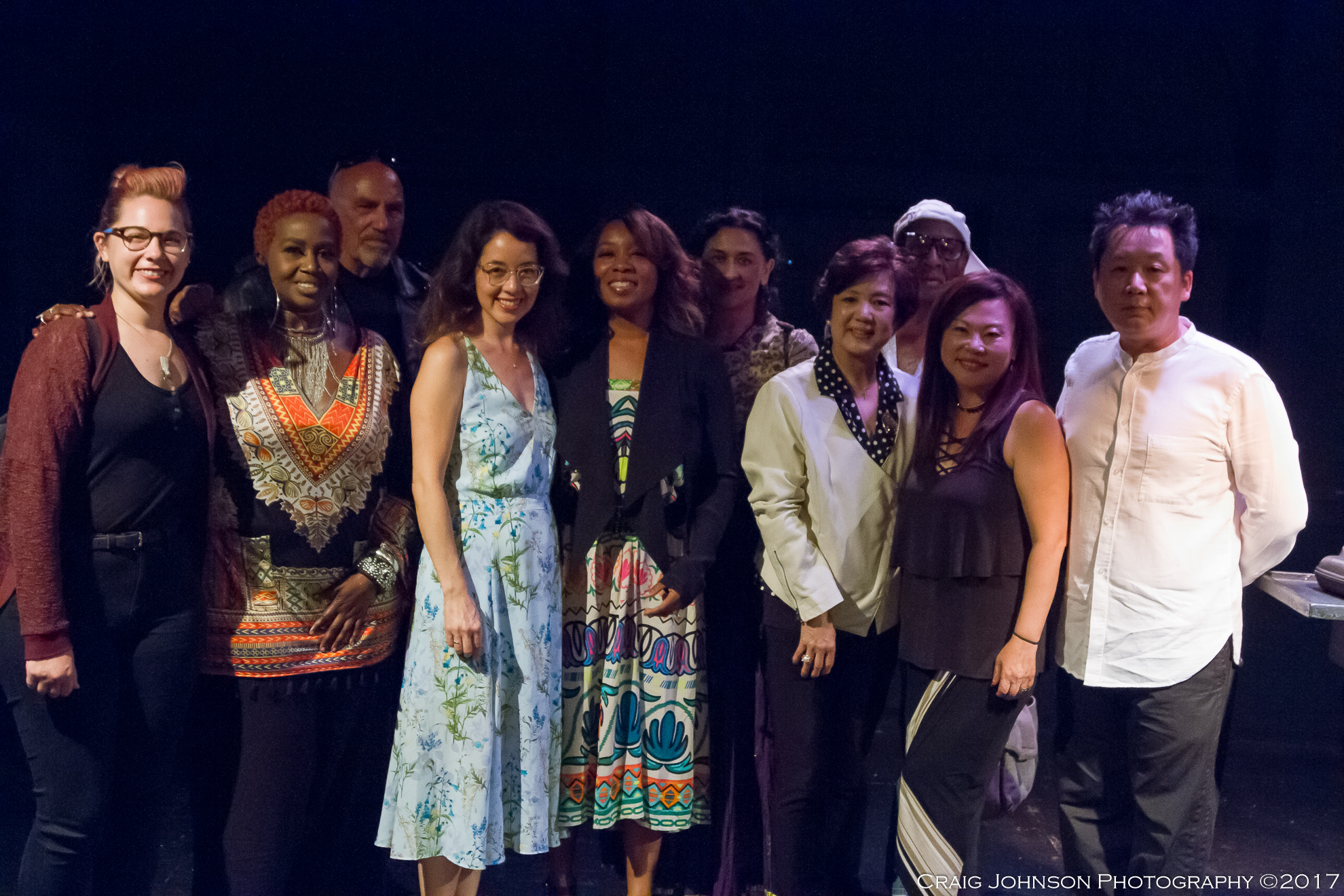
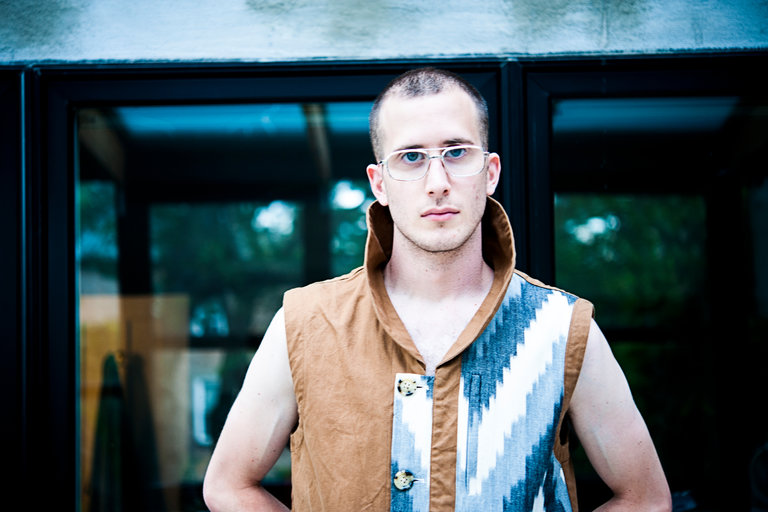
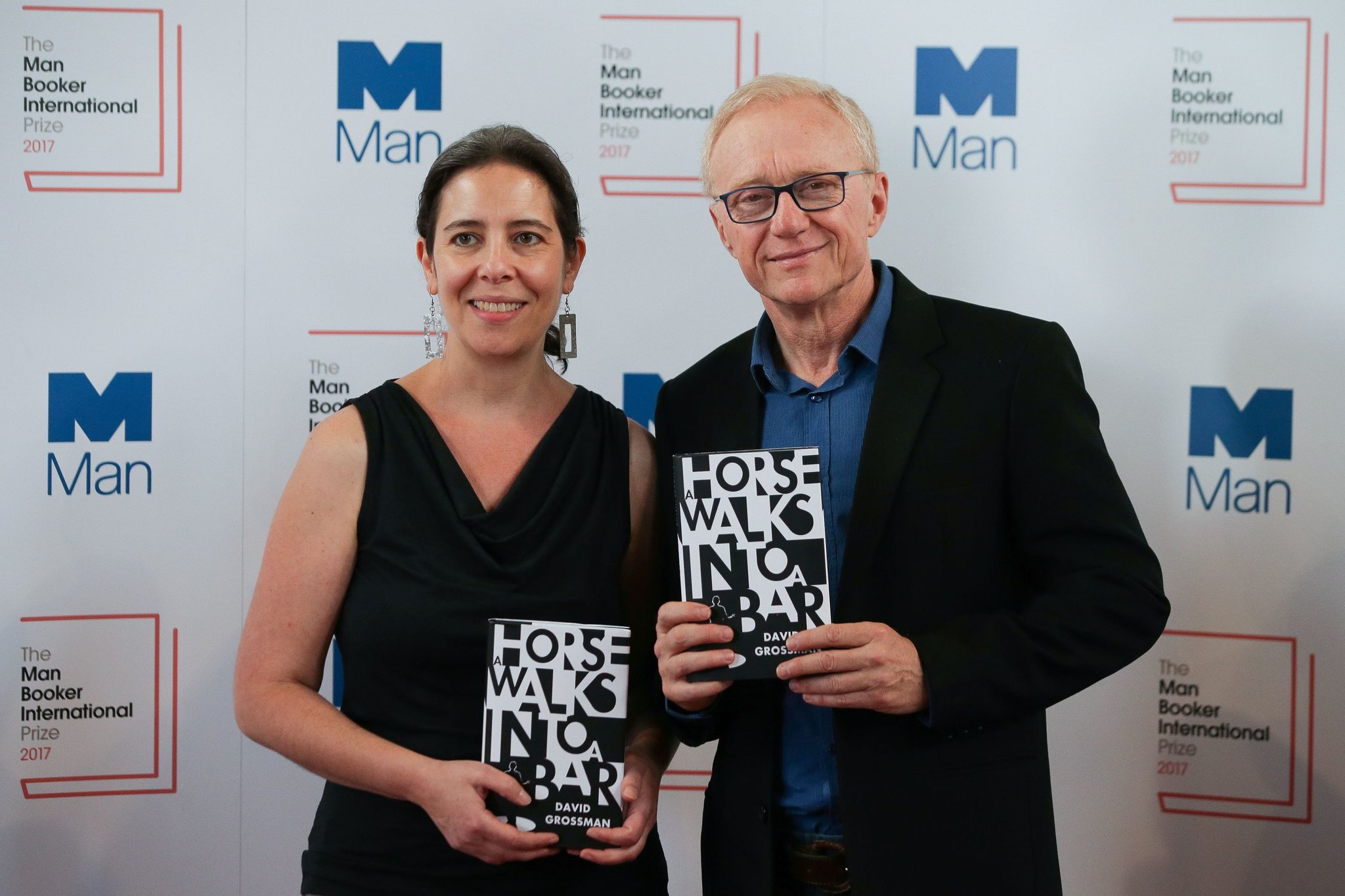
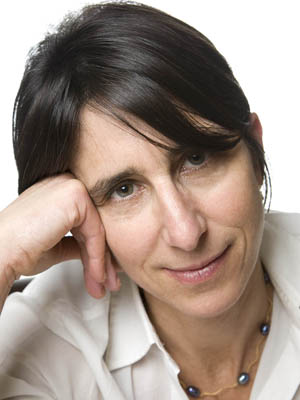 Last winter, Poets & Writers supported a poetry workshop at Footsteps, the only agency in North America providing services for people venturing out of the insular world of Jewish ultra-Orthodoxy. I had heard about Footsteps through a fellow social worker, Jesse Pietroniro, who was a Footsteps staff member—and I was immediately drawn to working with this community. (A stellar feature piece about Footsteps, “The High Price of Leaving Ultra-Orthodox Life,” was recently published in the
Last winter, Poets & Writers supported a poetry workshop at Footsteps, the only agency in North America providing services for people venturing out of the insular world of Jewish ultra-Orthodoxy. I had heard about Footsteps through a fellow social worker, Jesse Pietroniro, who was a Footsteps staff member—and I was immediately drawn to working with this community. (A stellar feature piece about Footsteps, “The High Price of Leaving Ultra-Orthodox Life,” was recently published in the 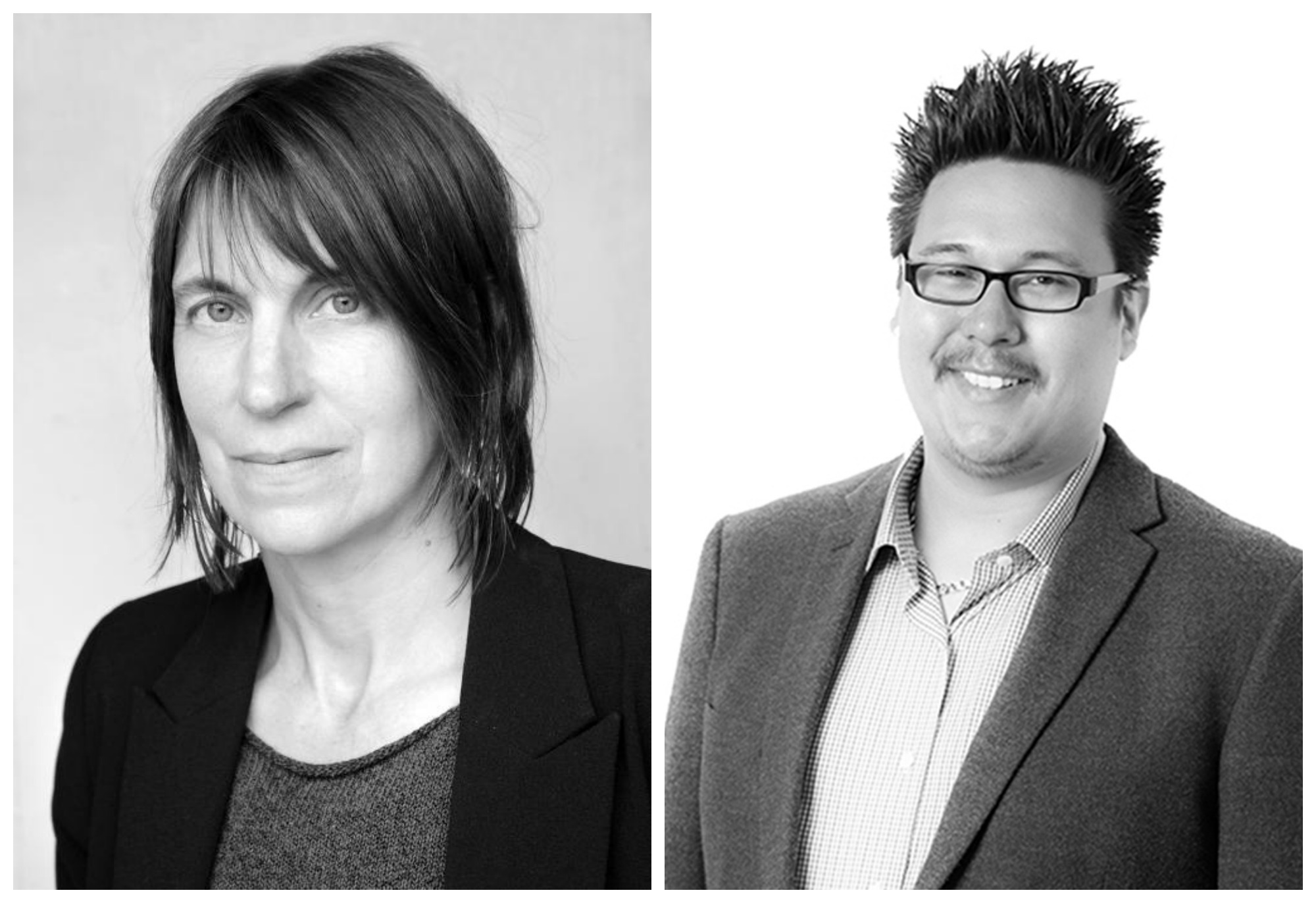
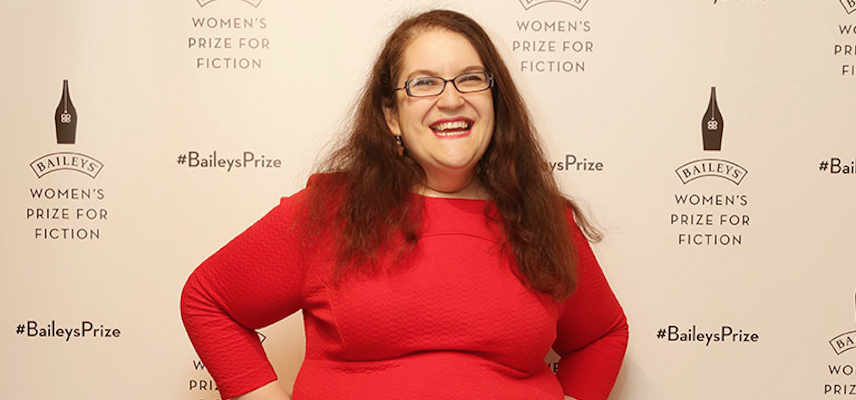
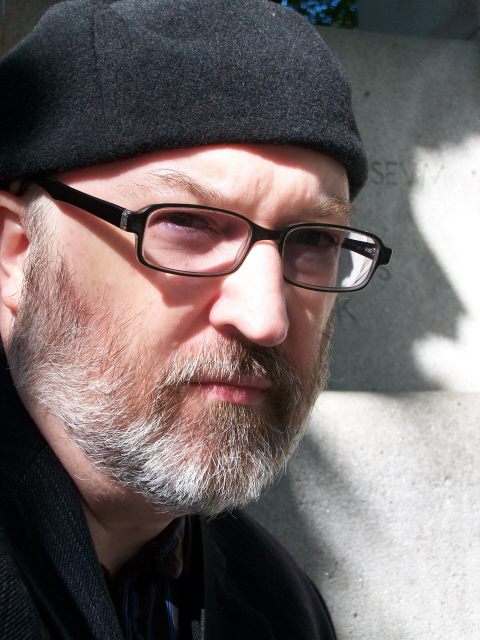 After the wild applause dies down, these students from PS/IS 180 beam as they pose for photographs with author Jacqueline Woodson, the 45th Special Guest Poet at the City College of New York’s Annual Poetry Festival. Every May for nearly a half-century, students from New York City public schools have gathered to read their winning poems at this day-long celebration of the spoken word, and to hear poets and writers like Woodson (whose appearance was funded in part by the Readings & Workshops program at Poets & Writers) read their work, along with student poets in the MFA Creative Writing program at the City College of New York (CCNY), faculty, and others.
After the wild applause dies down, these students from PS/IS 180 beam as they pose for photographs with author Jacqueline Woodson, the 45th Special Guest Poet at the City College of New York’s Annual Poetry Festival. Every May for nearly a half-century, students from New York City public schools have gathered to read their winning poems at this day-long celebration of the spoken word, and to hear poets and writers like Woodson (whose appearance was funded in part by the Readings & Workshops program at Poets & Writers) read their work, along with student poets in the MFA Creative Writing program at the City College of New York (CCNY), faculty, and others.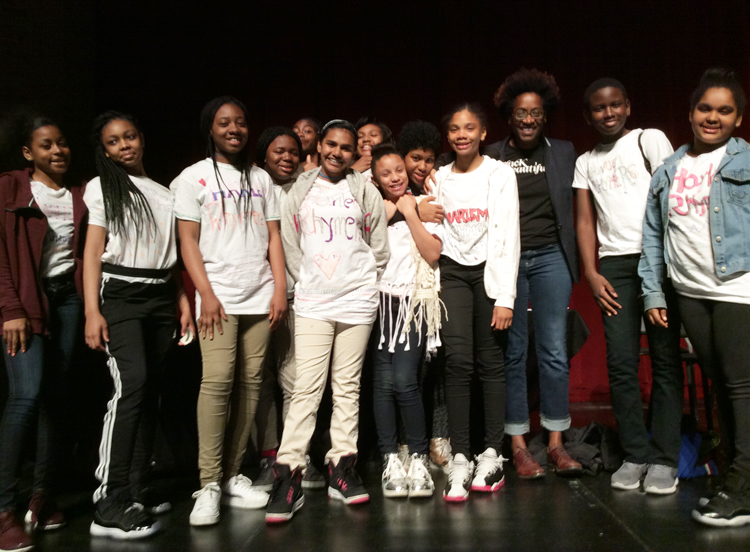 Support for the Readings & Workshops Program in New York City is provided, in part, by public funds from the
Support for the Readings & Workshops Program in New York City is provided, in part, by public funds from the